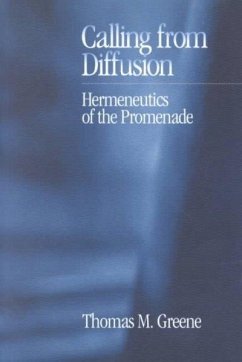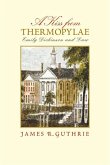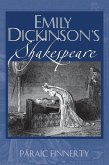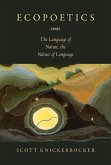Based on four Nielson Lectures delivered at Smith College, this book examines a series of "promenade poems, " lyrics that follow a poetic speaker moving through a landscape and responding to it. Thomas M. Greene invites the reader to consider a wide range of poets, beginning with Amy Clampitt and A. R. Ammons, continuing with Petrarch, Ronsard, Saint-Amant, Milton, Vaughan, and Marvell, and concluding with two representative Romantics, Wordsworth and Whitman. Greene's discussions of this rich body of texts stimulate reflection at several levels. They can be read first of all simply as analyses of several memorable poems exhibiting a similar structure over a period of seven centuries. They can also be read as meditations on the workings of lyric poetry, which is always attempting to bring into sharper focus the sensibility of a speaker whose emergence depends on her naming and evoking the objects surrounding her. Thus Greene argues that the distinction of a poetic consciousness lies in its "permeability, " permitting a more intimate interplay between internal and external realms. His title is drawn from a line by Whitman: "You objects that call from diffusion my meanings and give them shape!" Finally, at yet another level, Greene's book presents a way of thinking about language which, recalling the Heideggerean theory of "ereignis, " suggests that only through the projective act of naming can human beings assimilate things through intuitive knowledge. An afterword, "The Morality of Literary Interpretation, " surveys critically a range of hermeneutic theories and formulates a position that accords the literary text both autonomy and mystery.
Hinweis: Dieser Artikel kann nur an eine deutsche Lieferadresse ausgeliefert werden.
Hinweis: Dieser Artikel kann nur an eine deutsche Lieferadresse ausgeliefert werden.








